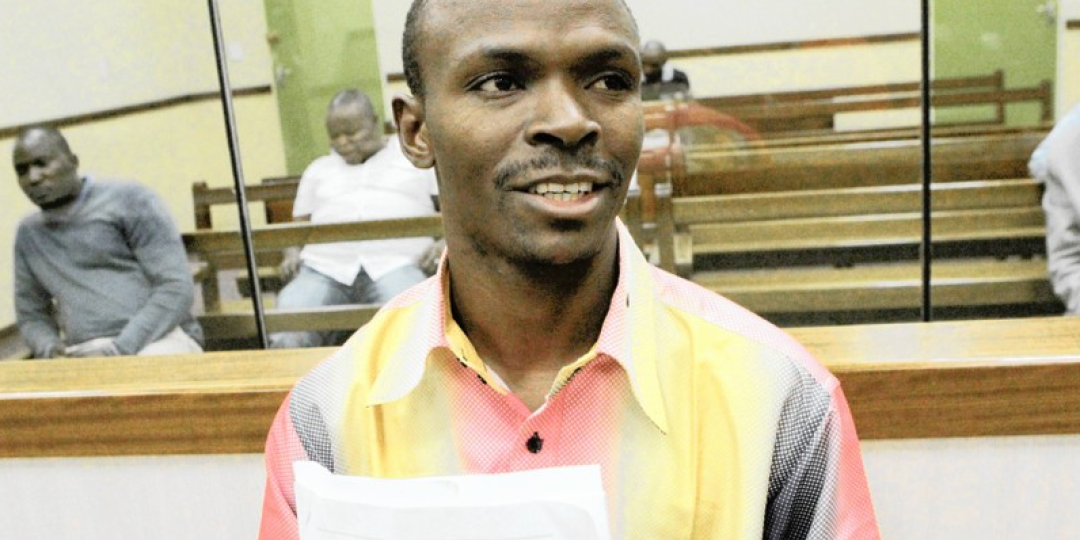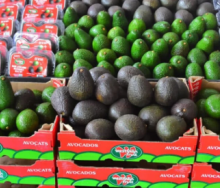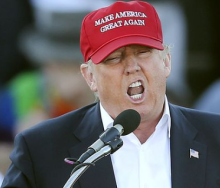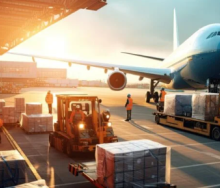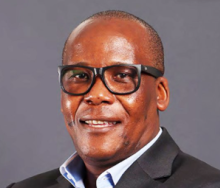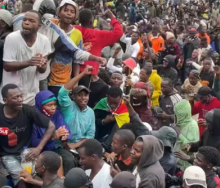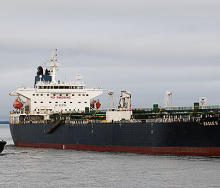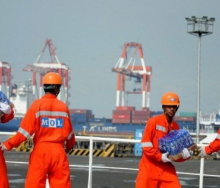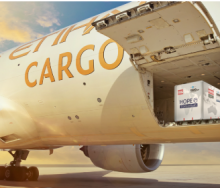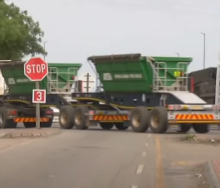As much as 81 000 tonnes of copper and cobalt mined in the Democratic Republic of the Congo (DRC) were prevented from being exported for a period of ten days because one man with ulterior motives managed to disrupt cross-border road freight through Zambia.
Mike Fitzmaurice, chief executive of the Federation of East and Southern African Road Transport Associations (Fesarta), said combined losses of about $13 million had been incurred by transporters not getting their loads to various ports in time.
He said about 2 700 trucks had been prevented from moving when one Steven Masunga, who has had previous scraps with the law, managed to persuade mostly Zambian drivers that mines in the DRC are paying $800 in risk assurance to transporters carrying high-value minerals in the Southern African Development Community (SADC).
The Tanzanian national used his network of influence, mainly via WhatsApp, to sow such discord that a phalanx of drivers fell for his story that the $800 in risk fees should be paid to them.
“It’s utter nonsense,” Fitzmaurice said.
“Masunga is a career criminal sought in several SADC countries. He operates mainly out of Zambia and had pictures of himself shared via social media, creating the impression that he was on a private plane heading towards Kinshasa to meet with the DRC’s ministers of finance and mining whom he professes to know.
“They, however, have denounced Masunga, a known confidence trickster who uses street smarts to con people.”
Fitzmaurice, who has dedicated his organisation to clearing up congestion at borders like Kasumbulesa between the DRC and Zambia, and has established links with the government of President Félix Tshisekedi, said it had been confirmed that Masunga had never been to the DRC.
“Nor is he allowed in that country now that authorities have been made aware of how he operates. More importantly, mines in the DRC have denied his allegations, that they pay anything to transporters for risk-based cargo. This has never been the practice, nor will it ever be.”
And yet, Masunga, who has since last week’s stint of deliberate destabilisation of commodity flows impacting several countries, not only gone to ground but is threatening to do the same on November 20.
“He has sent out voice messages saying that he will provide drivers with food and water as long as they prevent the movement of loads out of the DRC on the basis of risk allowances not paid to them.
“He should’ve been arrested by now but nobody knows where he is, probably because he uses multiple passports.”
Fitzmaurice said trucks out of the DRC through Zambia and into Zimbabwe and Tanzania had only started moving again from about Thursday last week after certain operators had started moving in convoy.
He said intervention to break the blockade had mainly come from Zimbabwean operators, Fesarta, the Tanzanian Truck Owners Association, and that Masunga had since threatened to stir up residents of villages along the way in the DRC to attack passing trucks.
Masunga infamously made news in 2014 when he was arrested and charged with intimidating one of the wives of Jacob Zuma, Nompumelelo Ntuli, for not arranging a meeting with South Africa’s president at the time.
Since then he has disappeared off the radar but is said to be a fugitive from justice in sub-Saharan countries.
Fitzmaurice expressed his surprise at the conspicuous silence and negligent law enforcement of countries where Masunga operates “like a lone wolf”, disrupting logistics as he did last week without “a single organisation or association responsible for trade facilitation saying anything”.
An ironic twist to last week’s blockade is that Kasumbalesa, perennially congested by cross-border snarl-ups, is free-flowing.
The border handles about 70% of all the world’s exported cobalt, primarily intended for manufacturing battery components used in electric vehicles and smart technology.
With the sudden release of 2 700 trucks from the mines it is possible that there could again be congestion at the border because of cargo clearing delays into Zambia.
